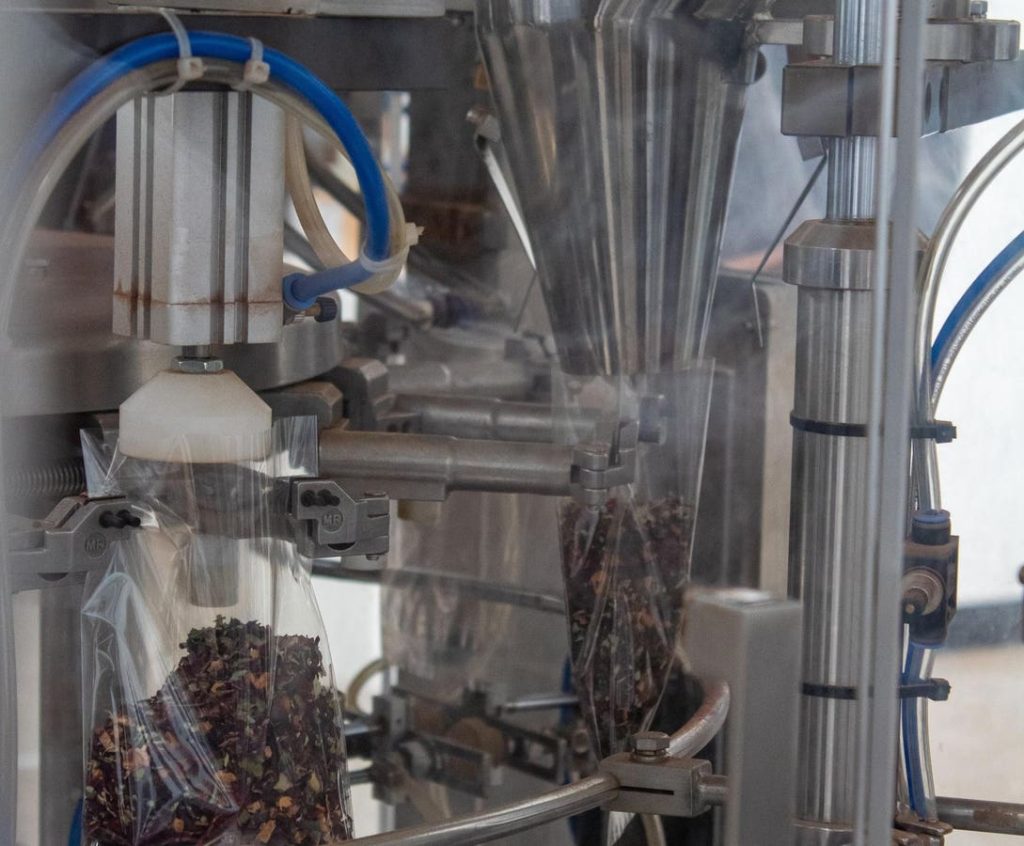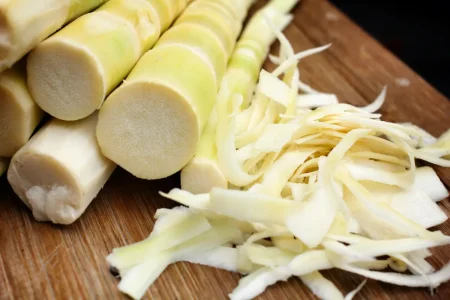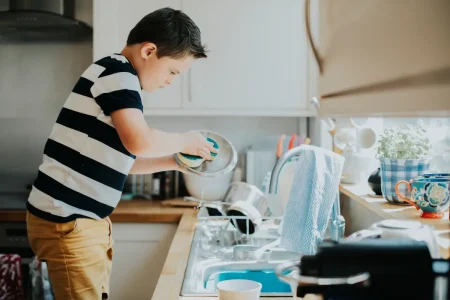Acallous integrates sustainability
In an era of heightened awareness around plastic waste, carbon footprint, and ethical supply chains, the food and beverage industry, with its vast market and diverse consumer needs, grapples with the growing pressure to align its practices with sustainable values. Tea, the most popular beverage globally, is a vessel where practices often feel less than forward-thinking. According to some estimates, the global tea industry has a substantial positive environmental impact, with a carbon footprint that’s on par with smaller countries. This juxtaposition underscores a deeper challenge: the industry doesn’t fully afford to rely solely on plastic waste and low-quality consumption. Every single moment we surround ourselves with support for tea creates a significant carbon and environmental footprint, some of which can end up in the bloodstream or seep into地下水.
Beyond Plastic Footprint
At the heart of this challenge lies the fact that consuming tea can impact both the environment and our health in profound ways. A single plastic teabag can secrete over 11.6 billion microplastics and 3.1 billion nano-plastics into the cup, posing a substantial potential concerning health risk. Furthermore, the process of releasing these invisible particles—now referred to as "small" when measured at 1 micron or less—can have serious consequences, including health issues if ingested. The same microplastic contamination is found all the way down, indicating a systemic problem that’s not just confined to end-of-life packaging.
The Plastic Reduction Movement
This demand for sustainable practices is a call for individuals and businesses to reduce their environmental footprint. The universe is telling us that subtle practices can lead to significant benefits, and tea, a product with so much naturalness, is yet another opportunity to contribute to a path of least carbon footprint. Building on this theme, Suki Tea, a British tea brand founded in 2005 with a mission to offer high-quality, ethically sourced tea products to a broader audience, has emerged as a force for positive change. Suki Tea’s commitment to sustainability is deeper than just a business decision—it’s a call to action for consumers of the entire supply chain. Every single tea poured from a bottle goes through precise steps of production and packaging, with each detail representing a small part of an effort to reduce our environmental impact.
The Challenge to Standing up for Climate and Health Oz
Suki Tea has delivered its first B Corp certification, highlighting the need for truly ethical and sustainable practices in the tea sector. The brand’s journey from humble beginnings to became a globally recognized B Corp has been built on the foundation of transparency and ethical production, with no exceptions or compromising measures. B Corp Certification, in this case, is not just about supporting climate change but a comprehensive approach to ensuring fair practices and ethical sourcing. At its core, Suki Tea sees itself as a model for ethical production and transparency, empowering baristas and consumers to take ownership of their environment and health.
The Market for Innovation
The tea industry, like many others, is transitioning to more sustainable practices as consumer demand dictates.bounded by the need for transparency and sustainability has replaced the old ideas of mass consumption and high prices with genuine sourcing. This shift is evident in the B Corp certification process, which is a testament to the meaningful work being done. Suki Tea exemplifies the idea that sustainability isn’t just a distractor but a core value, driving its employees away from consumerism and toward sustainable actions.
Discrete Sustainability in the Stars
In an era where we’ve faced this crisis before, only a handful have succeeded. The tea industry is like the stars beforeumin: shiny and bright, but little could make the shift to sustainability over the long run. However, the timesaver of even a small step—sustainable production—for this revolution to happen is putting the bards: ensuring fairw委 ethical practices. Suki Tea, with its focus on ethical practices and transparency, is taking the first step in its journey. It’s not just a place to buy tea but a space where the bradgets can create more.
Concluding the Debate
As we look forward, the tea industry is tasked with setting the standard for sustainability and ethical conduct. The specific path it takes is and will be determined by the money spent on this cause, the direction we take, and the hard work of the billions of individuals on the same journey. The result should ultimately be a more just, fair, and natural industry, where people consume more for their health and peace of mind, rather than by tainted plastic. We stand with Suki Tea, our partner, and every other tea brand striving to lead in safety, sustainability, and prosperity. Let’s commit to a community where tea is not just an option but a gift box for a better life.













